Disclosure: This article contains affiliate links. We may earn a commission from purchases at no extra cost to you, which helps our travel content.
The first time a kora's haunting melody floated through the humid Gambian air, I knew I'd found something special. Brikama isn't in most tourist guidebooks, and that's precisely why it deserves your attention. This cultural hub, just 35km from the coastal resorts, pulses with a musical energy that feels both ancient and utterly alive. As someone who typically hunts for underground wonders (quite literally – cave explorer here!), discovering Brikama's nocturnal symphony felt like stumbling upon a different kind of hidden treasure – one that reverberates through your soul long after you've returned home.
Finding Your Rhythm in Brikama
Brikama doesn't announce its musical prowess with neon signs or tourist-packed venues. Instead, its artistic soul reveals itself through whispered recommendations and local connections. My journey began at the Brikama Craft Market, where artisans craft the very instruments that later come alive after sunset. Here, master kora makers like Alieu Suso (third-generation griot) showed me how these 21-stringed instruments are painstakingly constructed from calabash gourds, cow skin, and fishing line.
By afternoon, I'd purchased my own travel percussion instrument – small enough to fit in my daypack but perfect for joining impromptu jam sessions. This turned out to be my golden ticket into Brikama's music circles. While you might feel hesitant to jump in, musicians here appreciate genuine interest, and having even a simple instrument signals your desire to participate rather than just observe.
As darkness falls, follow the sounds. Unlike structured nightlife in Western cities, Brikama's musical gatherings often happen organically – in courtyards, small cafes, or simply under the stars. Ask your accommodation host where locals are playing tonight, and don't be surprised if they offer to take you themselves.
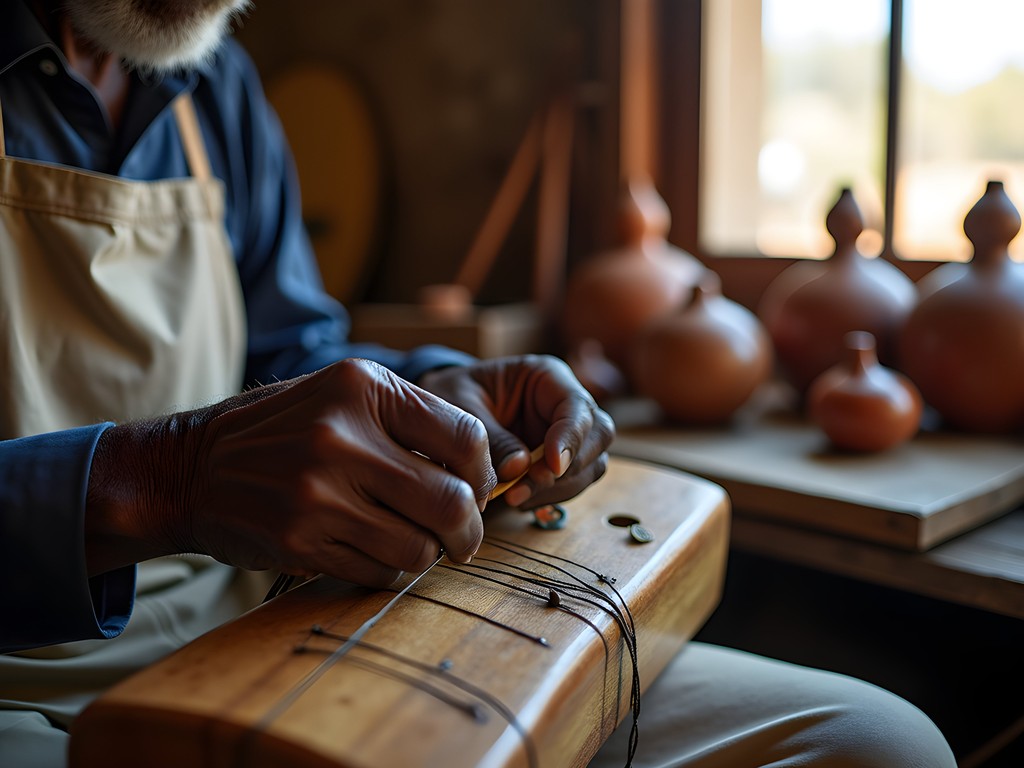
💡 Pro Tips
- Learn a few Mandinka greetings – 'I bi kumandi?' (How are you?) goes a long way with local musicians
- Bring small denominations of Dalasi for spontaneous shows or to support musicians
- Don't rush – sessions often don't reach their peak until after 10pm
The Kora Houses: Brikama's Musical Heartbeat
What Vegas has in casinos, Brikama has in kora houses – except these cultural institutions won't empty your wallet. These compound-style family homes belong to griot families (West African storytellers and musicians) who have preserved musical traditions for centuries. My most memorable night in Gambia happened at the Jobarteh Kunda compound, where I was welcomed like a distant relative returning home rather than a tourist.
Armed with my portable recording device, I captured snippets of music that now serve as my most precious souvenirs. If you're serious about experiencing authentic kora music, this small investment lets you bring the sounds home while being less intrusive than constantly pulling out your phone to record.
At these compounds, music isn't a performance but a conversation. Songs shift and evolve based on who's present, creating an unrepeatable experience. One evening, a young kora player noticed my fascination with a particular melody and spent an hour showing me the basic patterns, our language barrier dissolved by the universal syntax of music. By midnight, three generations of musicians had gathered, the eldest sharing songs about Gambian independence while youngsters fused traditional rhythms with hints of global influences.
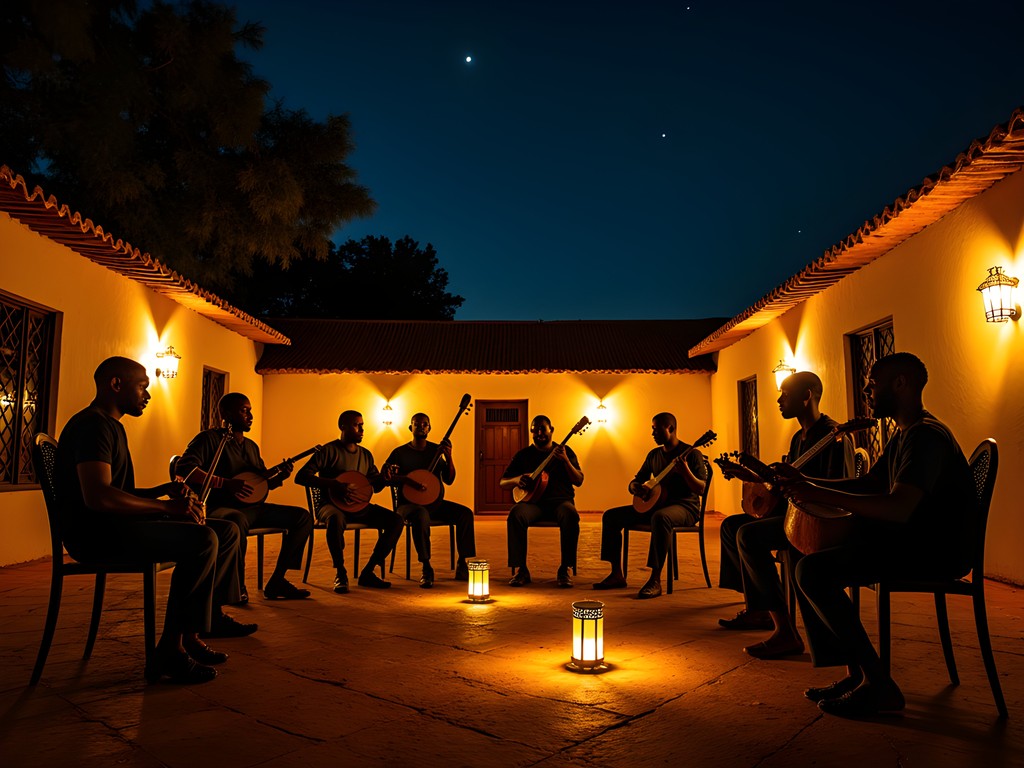
💡 Pro Tips
- Bring a small gift when visiting family compounds – kola nuts are traditionally appropriate
- Ask permission before recording or photographing in these private spaces
- Be prepared to stay late – the best music often happens after midnight
Beyond Kora: Brikama's Diverse Soundscape
While the kora rightfully claims celebrity status in Brikama, limiting yourself to this instrument would be like visiting Paris and only seeing the Eiffel Tower. The town's musical landscape is wonderfully diverse. Near the main market, I discovered weekend gatherings where sabar drums create rhythmic thunderstorms that seem to physically move through your body. These high-energy sessions often attract younger crowds, with dance circles forming spontaneously.
For couples seeking a more intimate musical experience, I recommend the small café near Brikama's central mosque (locally known as 'Blue Place' for its indigo-painted walls). Here, solo balafon (xylophone) players create meditative soundscapes perfect for quiet conversation while sipping traditional attaya tea. I spent an entire evening here with a couple from New Zealand, all of us mesmerized by the player's ability to create such complex melodies on what looks deceptively simple.
To stay comfortable during these often lengthy sessions, I relied heavily on my foldable travel cushion. Most traditional music venues involve sitting on mats or low stools, and having your own cushion means you can focus on the music rather than your increasingly numb legs. It compresses small enough to fit in my daypack but provides enough support for hours of sitting on hard surfaces.
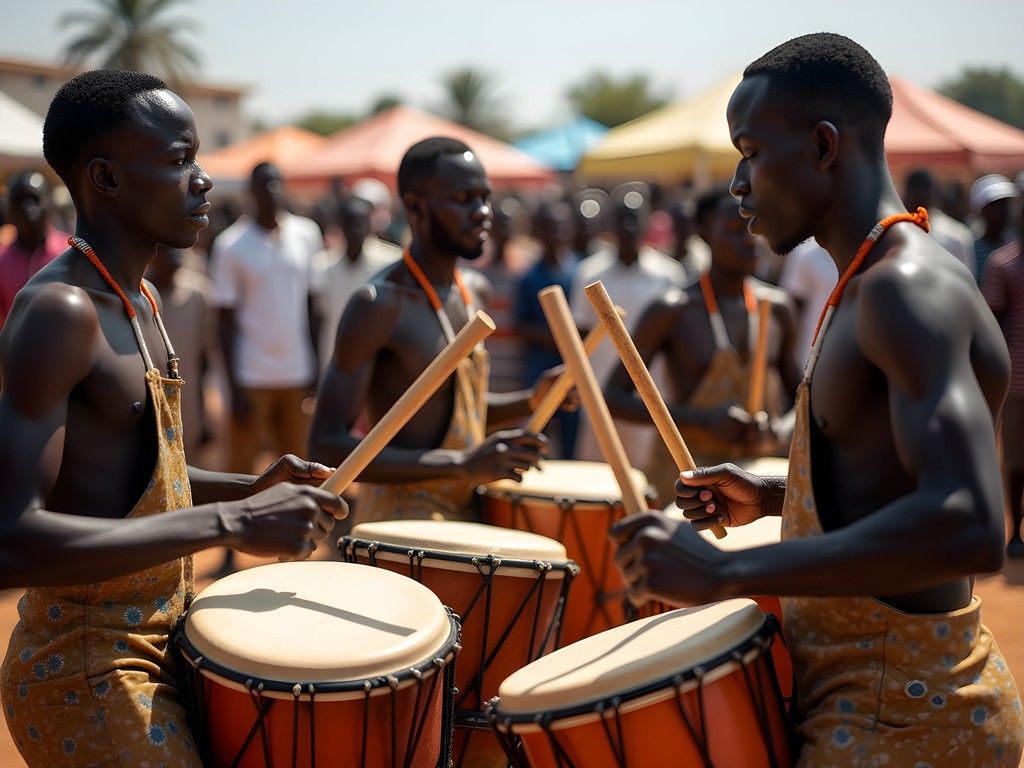
💡 Pro Tips
- Try attaya tea when offered – the ritual of preparation is as important as the drink itself
- Learn basic rhythm patterns to clap along appropriately during performances
- Visit the local radio station GRTS Brikama – they often know where special performances are happening
Connecting Through Cultural Exchange
My most profound experiences in Brikama happened when music transcended entertainment and became genuine cultural exchange. At a small community center near the outskirts of town, I participated in a weekly gathering where locals and visitors share songs from their respective cultures. Armed with nothing but memories of camp songs and half-remembered folk tunes, I felt woefully unprepared next to Gambian musical virtuosos.
Yet something magical happens when you make yourself vulnerable through music. My shaky rendition of an Appalachian folk song was met with genuine appreciation, followed by musicians incorporating elements of it into their traditional pieces – cultural fusion happening in real time. For couples especially, these exchanges create shared memories that strengthen bonds far more than passive tourism experiences.
To navigate these cross-cultural moments with respect, I relied on my Gambian phrasebook. Beyond basic greetings, understanding concepts like 'silafando' (the gift given to travelers to help them on their journey) helped me grasp the deeper cultural significance behind musical traditions.
Many evenings ended with impromptu dance lessons, where local women patiently taught me movements that tell stories as eloquently as any instrument. My moisture-wicking scarf became unexpectedly versatile here – serving as a traditional head wrap during dance sessions and later absorbing perspiration in the humid night air.
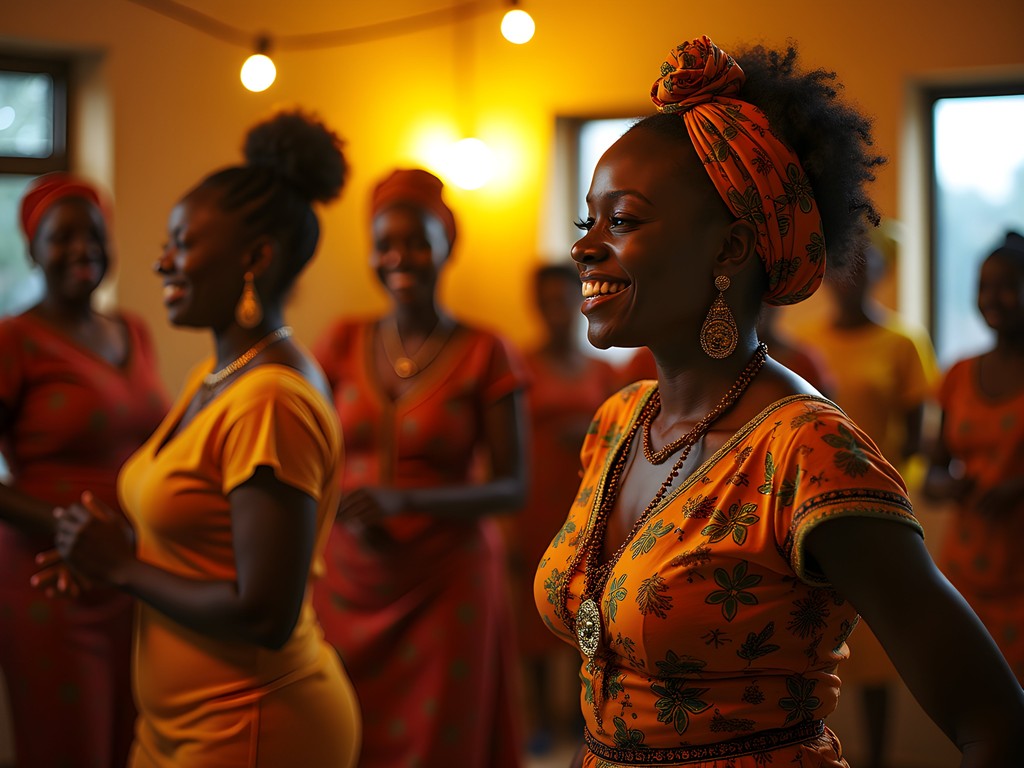
💡 Pro Tips
- Prepare a song from your own culture to share – it doesn't need to be perfect
- Ask about the meaning behind songs – many contain historical or moral lessons
- Respect when certain ceremonies or songs are not open to visitors
Final Thoughts
As I reluctantly boarded the shared taxi back to the coast, the rhythms of Brikama continued to pulse through my veins. This unassuming town offers something increasingly rare in our hyperconnected world – genuine musical traditions that haven't been packaged for tourist consumption. The magic of Brikama isn't just in hearing extraordinary music; it's in the moments of connection that happen when we allow ourselves to participate rather than observe.
For couples seeking experiences that deepen not only their understanding of Gambian culture but also their connection to each other, Brikama's nocturnal symphony provides the perfect backdrop. There's something profoundly intimate about sitting shoulder-to-shoulder in a dimly lit compound, letting ancient melodies wash over you both, creating memories that can't be captured in souvenirs or Instagram posts.
I came to Gambia hunting for experiences that would challenge my perspective, and Brikama delivered in harmonious abundance. The kora's strings continue to resonate long after the music stops – a reminder that sometimes the most meaningful explorations happen not in physical spaces, but in the invisible landscapes where cultures connect.
✨ Key Takeaways
- Brikama offers authentic musical experiences that haven't been commercialized for tourism
- The kora houses and family compounds provide the most intimate access to traditional Gambian music
- Cultural exchange through music creates deeper connections than passive observation
- Winter months (November-February) offer the most comfortable climate for night explorations
📋 Practical Information
Best Time to Visit
November through February (dry season)
Budget Estimate
$30-50/day including accommodation, food and musical experiences
Recommended Duration
2-3 days minimum
Difficulty Level
Easy
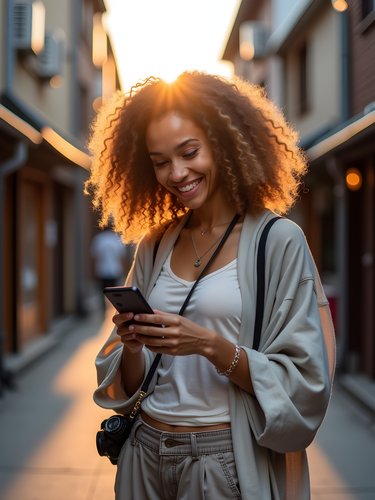
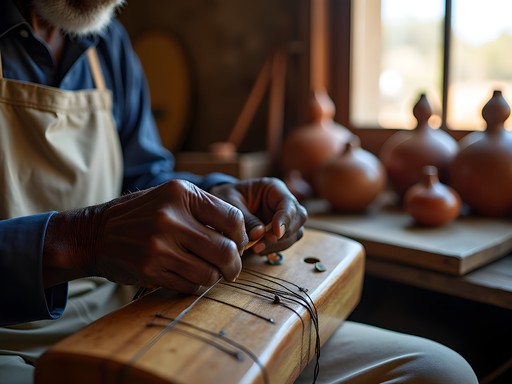
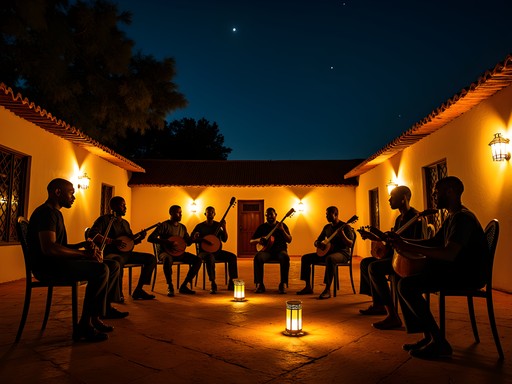
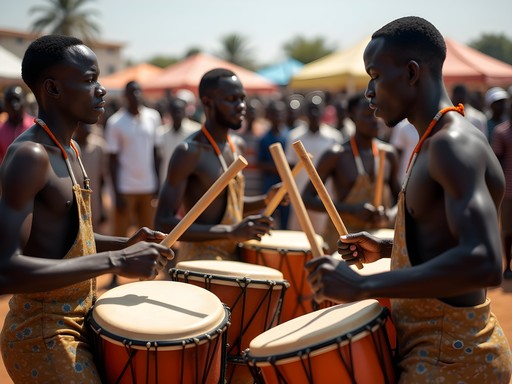
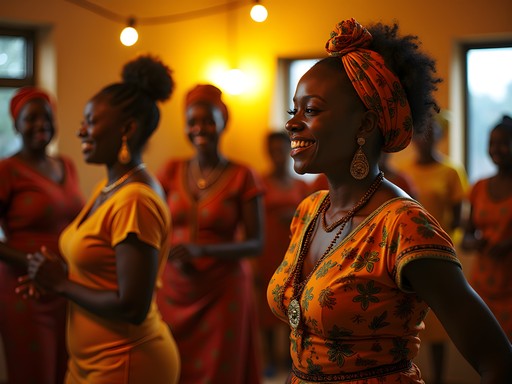


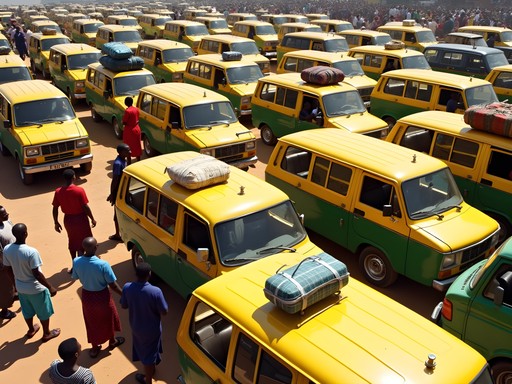
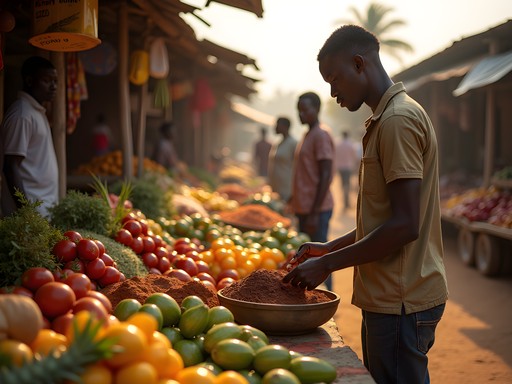
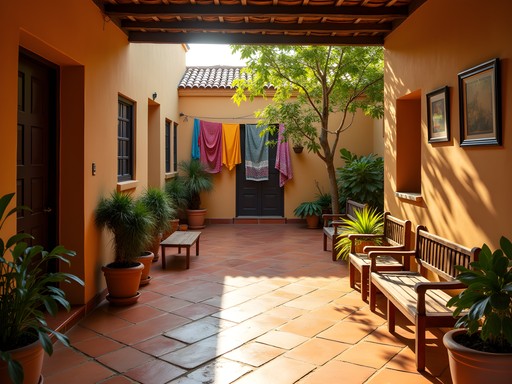
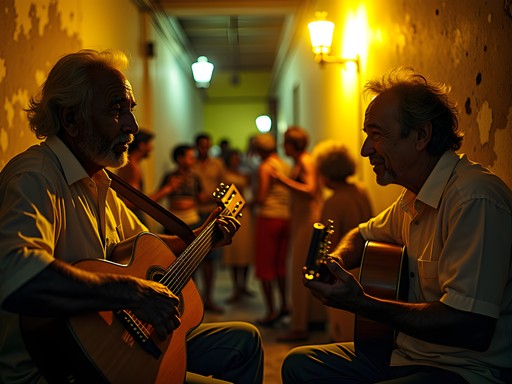
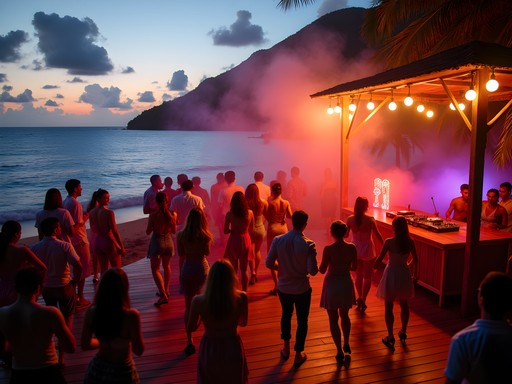
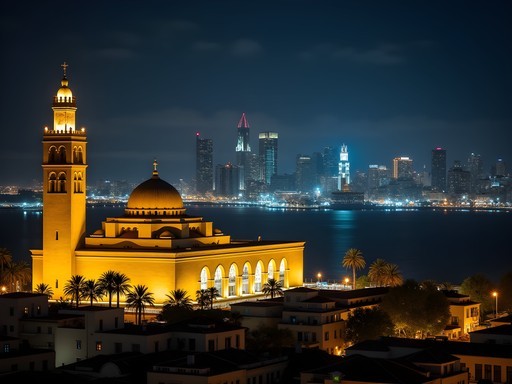
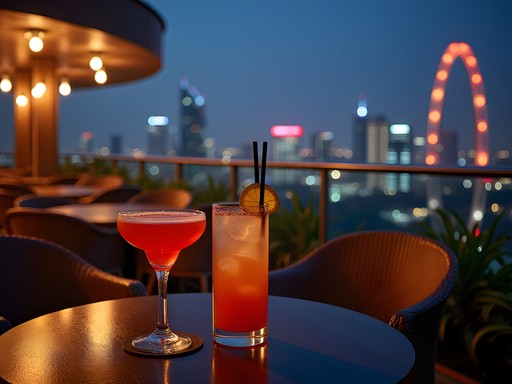
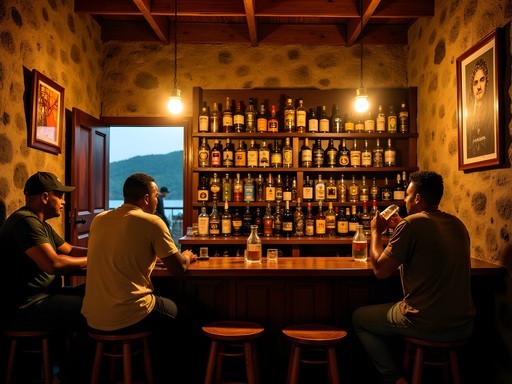
Comments
Marco Flores
Aubrey, this brings back memories! I spent three weeks in Mali a couple years ago and fell in love with the kora. There's something about those West African string instruments that just gets under your skin, you know? The way you describe the cultural exchange is spot on - it's not about being a tourist watching a performance, it's about being invited into something real. Did you get a chance to try playing yourself? I found a teacher in Bamako and even those few clumsy attempts gave me so much more appreciation for the skill involved. Brikama is definitely going on my list now.
Aubrey Carpenter
Marco! Yes, I tried and was absolutely terrible haha. The finger coordination is insane. Mali must have been incredible - I'd love to hear more about that experience. The Gambia feels like the perfect introduction to this musical world.
backpackninja
This sounds amazing! How easy is it to find the kora houses? Do you just show up or need to arrange something?
Aubrey Carpenter
You can definitely just show up! Most are pretty welcoming, especially in the late afternoon. I'd recommend asking locals to point you in the right direction - everyone knows where the music is. Just be respectful and maybe bring a small tip for the musicians.
backpackninja
Perfect, thanks!
happyking
Just got back from Gambia and wish I'd seen this post before! We stayed on the coast the whole time and missed this completely. Definitely saving for next time. How's the transportation from the resort areas to Brikama? Is it complicated to arrange?
moonace
I ended up going last month! Transportation was actually pretty easy - shared taxis run regularly during the day. For coming back late, I used my pocket translator to arrange a private taxi with a driver who waited. Worth the extra cost for peace of mind!
happyking
That's good to know! Will definitely check it out next time. Was it expensive to have the driver wait?
moonace
Not bad at all! About 500 dalasi (like $8-9) for several hours. Just negotiate clearly beforehand.
Claire Hawkins
Your post brought back such wonderful memories! When we visited Brikama last year with our teenage kids, they were initially skeptical about the 'cultural experience' I was dragging them to. By the end of the night, my son was attempting to play the kora (badly!) while my daughter was recording everything on her phone to show friends back home. The genuine warmth of the musicians who invited us into their homes and the impromptu jam sessions in courtyards were highlights of our entire Gambia trip. I'd recommend bringing a small gift if you're invited to someone's home - we brought some specialty coffee beans from Spain and they were much appreciated. Also, we found having a good flashlight essential for navigating the darker streets between venues. One of those travel experiences that stays with you forever!
hikingqueen
Love this post! Are there specific venues you'd recommend for first-timers to the kora scene?
Aubrey Carpenter
Thanks for reading! Definitely check out Jaliba Kuyateh's compound if he's hosting any performances - absolute legend! For a more casual experience, the small gathering behind the market (locals call it 'Kora Corner') on Thursday nights is magical and very welcoming to visitors.
moonace
This sounds amazing! How safe is it to travel to Brikama at night as a solo traveler? I'm planning a trip to Gambia next year and would love to experience this.
Claire Hawkins
I went to Brikama last year with my partner and felt very safe! We used shared taxis and everyone was incredibly welcoming. Just use common sense like you would anywhere - don't flash valuables and maybe buddy up with fellow travelers for the late-night return.
moonace
Thanks Claire! That's really helpful to know. Did you stay overnight there or head back to a different area?
Claire Hawkins
We actually stayed at a small guesthouse in Brikama for two nights. Basic but clean! Made it much easier to enjoy the evening music without rushing back.
citygal
This sounds amazing! Did you learn any kora basics while there? Is it possible for tourists to try it out?
freeexplorer
Not Aubrey, but when I was in Senegal (neighboring country), many kora players offered short lessons for visitors. It's MUCH harder than it looks!
Aubrey Carpenter
Absolutely! Several of the musicians offer beginner lessons. I had a 30-minute introduction from a master player named Muhammed. My fingers were completely confused trying to pluck the right strings, but it gave me such appreciation for their skill. Most charge around 300-500 dalasi for an introductory lesson.
hikingclimber
How did you get from Banjul to Brikama? Is public transportation reliable?
Aubrey Carpenter
I took the shared taxis (they call them bush taxis) from the Serekunda garage. They're very affordable (about 50 dalasi) and run frequently during the day. Just be prepared for a crowded ride! They don't leave until full, but Brikama is a common destination so you won't wait long. For return trips after dark, I'd recommend arranging private transport through your accommodation.
Gregory Boyd
Aubrey, this is one of the most authentic accounts of Gambian music culture I've read. Having documented West African musical traditions for over a decade, I appreciate how you've highlighted Brikama's significance without romanticizing or exoticizing the experience. For travelers interested in deeper cultural context, I recommend picking up this field guide before visiting. The transportation details you provided are spot-on - those shared taxis can be confusing for first-timers! One additional tip: bring a good quality portable recorder if you're serious about capturing these sounds. The musicians often appreciate receiving recordings of their performances afterward as many don't have access to professional recording equipment.
Aubrey Carpenter
Thanks Gregory! Great point about the recorder. I used my phone but wish I'd had something better to capture those incredible acoustics in the smaller venues.
citytime
Just got back from Gambia and wish I'd seen this post before! We stayed on the coast the whole time and missed this amazing music scene. Definitely returning to experience Brikama next time. Your description of the kora houses gave me chills!
Venture X
Premium card with 2X miles, $300 travel credit, Priority Pass